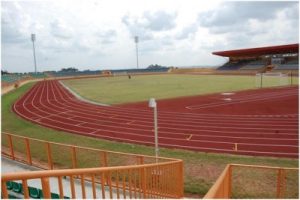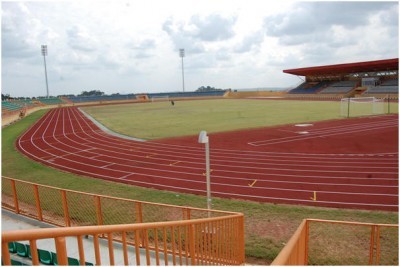The Nasarawa Power Rotation Debate: A Gentleman’s Agreement Revisited
In Nasarawa State, the 2027 gubernatorial election is rapidly approaching, and the political landscape is becoming increasingly charged. A key point of contention revolves around the concept of power rotation, a gentleman’s agreement established in 1996 by stakeholders to ensure peace, stability, and equitable representation across the state’s three senatorial zones: Nasarawa West, Nasarawa South, and Nasarawa North. This agreement, though unwritten, holds considerable weight in the state’s political discourse. Senator Abdullahi Adamu, a former governor of Nasarawa State and former National Chairman of the All Progressives Congress (APC), has vehemently reiterated the importance of adhering to this agreement, advocating for the governorship to shift to Nasarawa West in 2027.
Historically, the governorship has rotated between the zones, starting with Abdullahi Adamu from Nasarawa West (1999-2007), followed by Aliyu Akwe-Doma from Nasarawa South (2007-2011). However, Tanko Al-Makura, also from Nasarawa South, assumed office in 2011, disrupting the rotational arrangement. Power remained in Nasarawa South for twelve years, raising concerns about equity. In 2019, after continued calls for fairness and inclusion of the less populous Nasarawa North, Abdullahi Sule from Akwanga became governor. With Sule’s second term ending in 2027, proponents of the 1996 agreement are insistent that the governorship returns to Nasarawa West, the zone that hasn’t held the office for almost two decades.
Senator Adamu, a prominent voice in this debate, emphasizes that while every citizen has the constitutional right to contest for the governorship, respecting the zoning arrangement is crucial for the state’s political stability and unity. He urges stakeholders from Nasarawa West to actively pursue their “birth right” and ensure the governorship returns to their zone. This call has resonated with various stakeholders, including the APC National Legal Adviser, the Minister of Women Affairs, current and former government officials, and several governorship aspirants from Nasarawa West. They argue that the zone boasts a wealth of qualified and competent individuals capable of leading the state.
The historical context surrounding the creation of Nasarawa State further fuels the power rotation argument. The state was carved out of Plateau State in 1996 partly due to feelings of marginalization and political dominance by certain groups. The zoning agreement was a key element in ensuring harmonious coexistence and equitable representation for all zones within the newly formed state. Recalling the ethnically charged “Ombatse” crisis of 2014, advocates of zoning underscore its significance in fostering peace and preventing future conflicts. They believe that adhering to the agreement is essential for maintaining stability and preventing a resurgence of such tensions.
Counterarguments to the zoning principle have emerged, with some stakeholders advocating for an open contest where candidates from all zones can participate freely. However, proponents of zoning view this as a veiled attempt to usurp the governorship from Nasarawa West when it is their turn to hold the office. They highlight that Nasarawa South, benefiting from the location of the state capital in Lafia and significant development over the years, has already had a substantial share of power. They argue that an open contest would further marginalize Nasarawa West and disregard the spirit of the 1996 agreement.
Adding to the complexity of the situation is Governor Sule’s stance. While acknowledging the zoning discussions, he has stated his preferred candidate would be announced at the appropriate time, generating anxiety among stakeholders, particularly in Nasarawa West. They question his impartiality and fear he might favor a candidate from outside their zone. This uncertainty has intensified calls for unity within the ruling APC in Nasarawa West to present a strong, unified front and support a candidate who embodies integrity, competence, and loyalty to the people.
The debate over zoning raises fundamental questions about fairness, equity, and the role of unwritten agreements in a democratic system. While the Nigerian constitution guarantees the right to contest elections regardless of zonal origin, many believe that political stability in diverse societies often relies on informal power-sharing arrangements. The 2027 governorship election in Nasarawa State will be a crucial test of the strength and relevance of the 1996 gentleman’s agreement and its impact on the state’s continued peace and development. This election cycle presents a pivotal moment for the state, and the decisions made in the coming months will shape the political landscape for years to come. The question remains: will political expediency trump the principle of equitable representation, or will the spirit of the 1996 agreement prevail, ultimately determining the future course of Nasarawa State.










